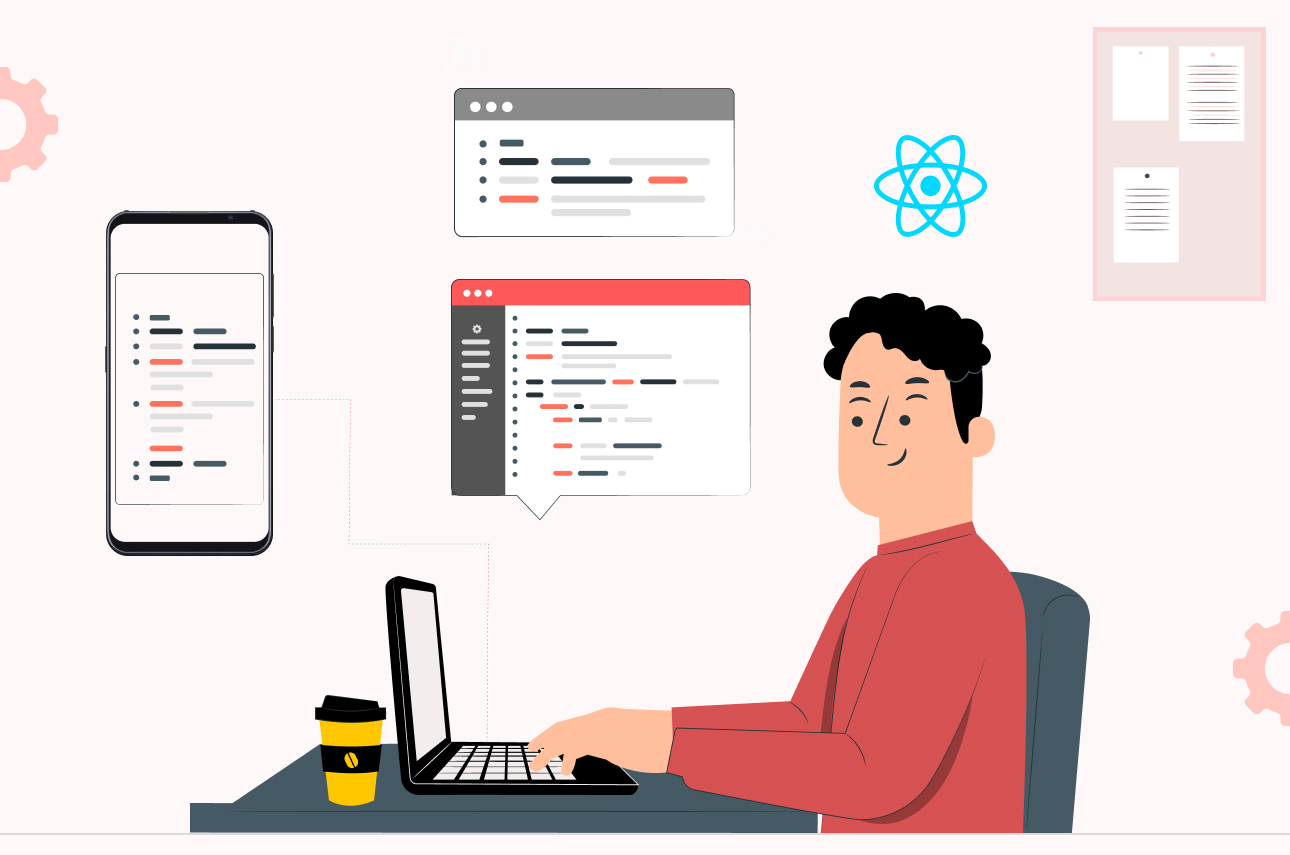Introduction
If you are involved in cross-platform mobile app development, React Native is a framework you will undoubtedly encounter. Within the realm of cross-platform app development, React Native holds the second position, following Flutter.
While React Native enjoys significant popularity within the developer community, it is important to acknowledge that it is not without its flaws. Yes, you heard it correctly! This framework does present its own set of challenges. Performance issues and limited availability of modules and APIs are among the challenges that can potentially affect the success of your mobile app.
This blog aims to explore common challenges encountered by developers during React Native mobile app development and provide effective solutions to overcome these obstacles.
So, without any further ado, let’s begin.








